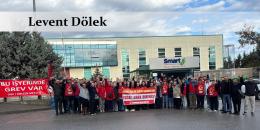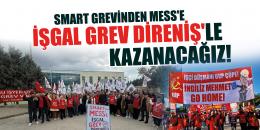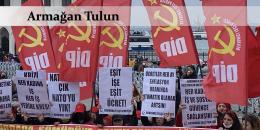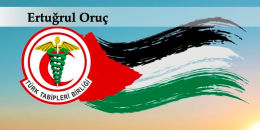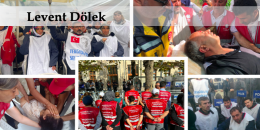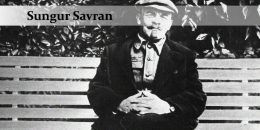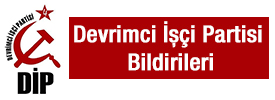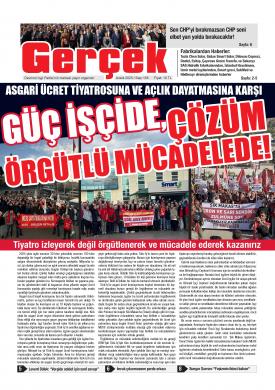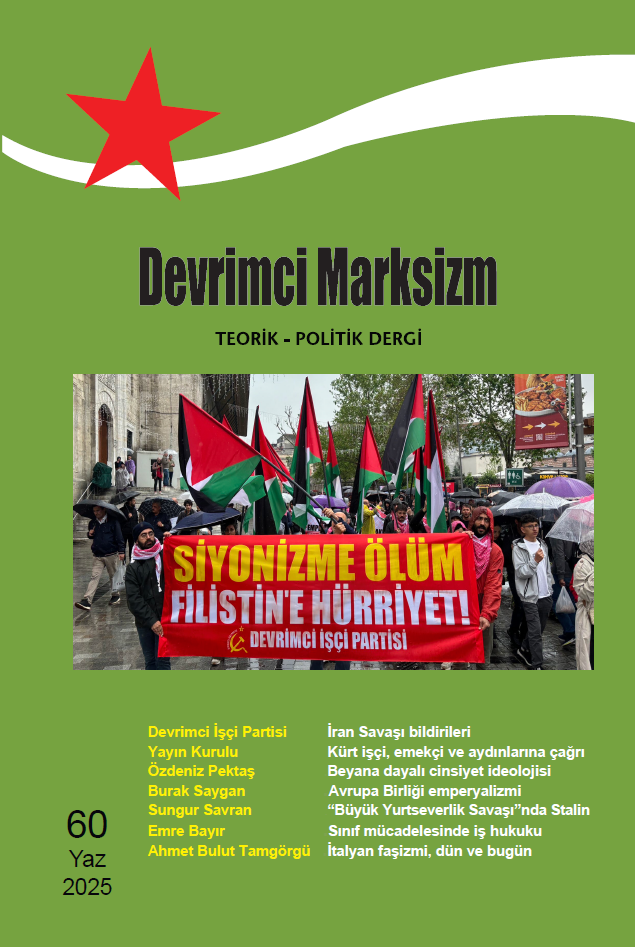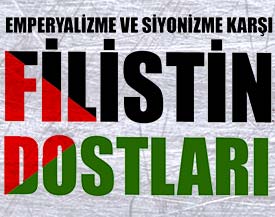Kicking off the Lenin Year: Rakovsky-RedMed International Conference on the Legacy of Lenin at his Centenary
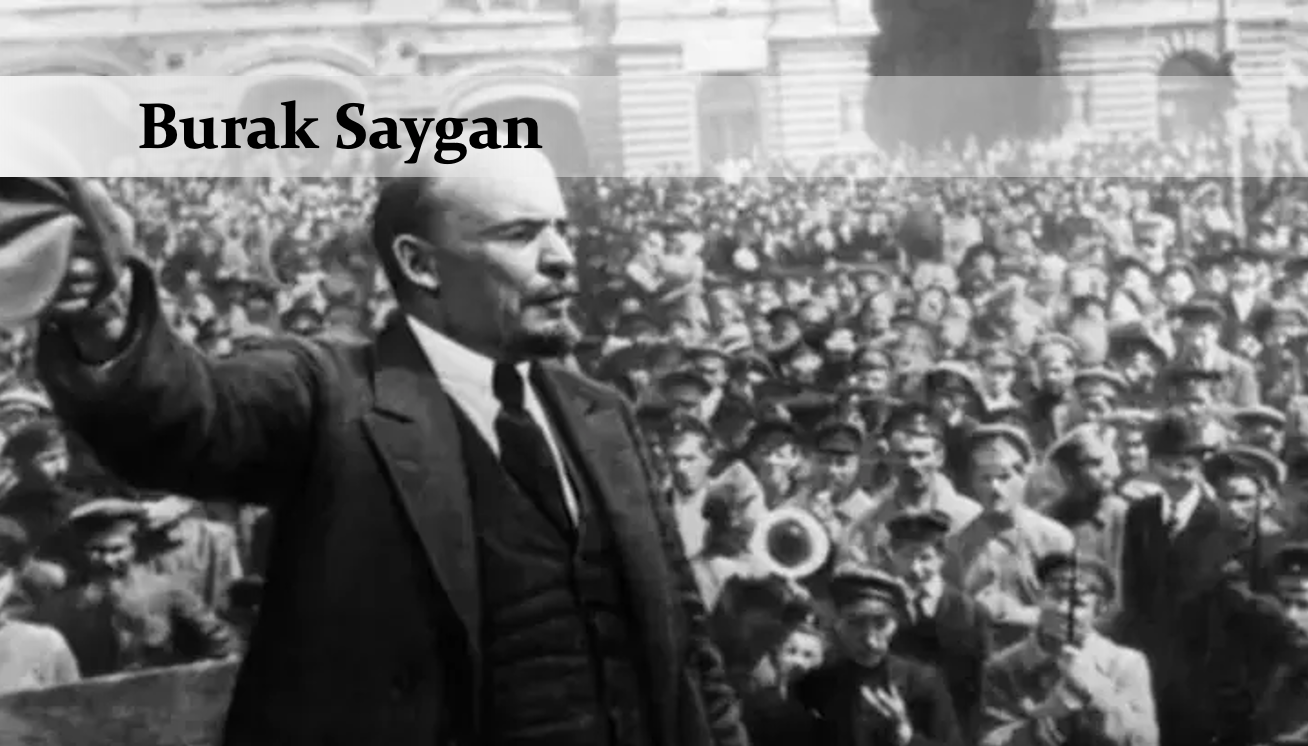
International Socialist Center Christian Rakovsky and RedMed Web Network marked the centenary of the passing of Vladimir Ilitch Lenin with an international conference. The international dimension of the online event, which brought together speakers from five continents, was a modest yet fitting tribute to the internationalist legacy of comrade Lenin. The conference met on the 21st of January, although the starting time varied for participants due to the great variety of countries represented – as the opening remarks were uttered, for some participants the first lights of January 21st had barely appeared; for others, it was almost midnight.
The introductory session started with Sungur Savran’s remarks about the occasion, which he concluded with poetry from Turkish communist poet Nazım Hikmet. The ever-present revolutionary enthusiasm in Hikmet’s verses set the tone for the rest of the conference – an occasion not to pay homage to a revolutionary leader now in the annals of history but a day of determination to write Lenin’s name to victorious revolutionary struggles of the 21st century. Following Savran’s introduction, Savas Mikhail-Matsas from EEK (Workers’ Revolutionary Party of Greece) took the floor to deliver the first speech on behalf of the Christian Rakovsky International Socialist Center. Mikhail-Matsas made it crystal clear: the spectre of Lenin, which has haunted world imperialism since 1917, is far from dead after 1991. On the very contrary, as comrade Mikhail-Matsas emphasized, more than three decades since the implosion of the Soviet Union and Eastern Bloc, developments have time and again confirmed the accuracy of Lenin’s theory of imperialism. After Savas Mikhail-Matsas, Sungur Savran from DIP (Revolutionary Workers’ Party of Turkey), on behalf of RedMed, delivered a speech on Lenin’s legacy on the question of nations – not to be confused with the national question. Savran underlined that in this “not understood, deliberately denied or silently rejected” issue, Lenin, as the leader of the world revolution, envisioned a nationless state – as seen in the name of the USSR, which carries no reference to any nation or geographical unit. This vision paved the way for the future state that would follow the revolutions worldwide and could include countries beyond the former Russian Empire, yet it was abandoned after Lenin’s death.
The conference continued with two speeches by guest speakers after the introductory session. First, Osvaldo Coggiola from Brazil-Argentina talked, on the basis of a recently published paper, about the oft-distorted origins of Leninism, which he claimed was invented to justify the practice of the Soviet bureaucracy. Then, Tamás Krausz from Hungary, one of the foremost experts worldwide on Lenin’s intellectual formation, addressed the conference with a video message. An artistic expression of Lenin’s legacy followed the theoretical elaborations on the same topic. The conference aired Viktor Tkachev’s “Chto Takoe Vozhdism” (What is Leaderism) documentary, which contrasted Lenin’s leadership with his contemporaries and other figures from the 20th century.
Next were the speakers from the countries of the former Soviet Union. Delegates from St. Petersburg (Leningrad), Moscow and Sebastopol made it clear that Lenin was no mere nostalgia in the land of October but rather a rallying cry of the best fighters of the working class. Iosif Abramson, a towering figure of the Russian socialist movement and representing the Russian Party of Communists (RPK), opened the session. Abramson provided an insightful account of Lenin’s dialectic use of strategy and tactics in the tempestuous months prior to the October Revolution. Following Abramson, Daria Mitina from the United Communist Party (OKP) of Russia, who could not be present on account of an in-person conference on Lenin that they were organizing in Moscow, sent a message to the meeting. In this message, Mitina took a clear objection to distorters of Lenin’s legacy, who would have you believe that Lenin – the glorious founder of the Soviet Union – was simply the destroyer of Russia. Mitina brought this point home by underlining the contrast between Russia as the biggest republic of the USSR and Russia as a mere appendix of the imperialist order in the wake of the capitalist restoration. Mikhail Konashev, who represented the Association Soviet Union, delivered a rebuke to Putin and his minions. Despite Putin’s claim that Lenin put an atomic bomb underneath Russia, Konashev stressed that Lenin was the architect of the Soviet Union. David Epstein offered his take on the prospects of socialist planning in the 21st century. One of the most memorable moments of the session and that of the conference came when a speaker, Yuri Shakhin, a Ukrainian citizen, connected from the city of Sebastopol in Crimea and offered his speech despite the air raid sirens.
After the land of October, the conference shifted its attention to another crucible of revolutionary history, Latin America. Three countries of Latin America – Cuba, Venezuela and Brazil – were represented, and revolutionary Marxist groups such as Opción Obrera in Venezuela and Comunistas in Cuba took the stage. Frank García Hernández from Comunistas in Cuba gave a sobering account of the imminent threat of capitalist restoration in the country under the aegis of the Communist Party of Cuba. He defended the necessity of forming a new communist party to fight the menace of capitalist restoration looming over the workers’ state in Cuba, that cherished heritage of Che Guevara, which revolutionary Marxists are dutybound to defend jealously. The speakers from Brazil and Venezuela addressed a host of issues – ranging from a comparison of Lenin and Che on matters of theoretical and practical importance for socialism ( Luiz Bernardo Murtinho Pericás), Lenin’s internationalism in art (Flo Menezes), Lenin on the orientation and methods of the Comintern (Edgardo Loguercio), Lenin and the Muslim peoples (Arlene Clemesha), Lenin and post-World War One diplomacy (Jose Capitán).
After these fruitful sessions, an array of groups and militants working with the Rakovsky Center addressed the conference. The sheer extent of countries represented was almost as big of an argument for Lenin’s legacy as the content of the speeches: Europe was present with Marxist Workers’ League from Finland, Red Roja from Catalonia, Sardegna Rossa from Italy and Renaissance Ouvrière Révolutionaire from France. Delegates from Australia and South Africa joined the conference either through messages or with their presence. Two parties spearheading the meeting and showing the internationalist unity on two shores of the Aegean, EEK from Greece and DIP from Turkey, were equally present. Levent Dölek, the deputy chairman of the DIP explained why his party declared 2024 to be the Lenin Year in its last congress. Mitrofanis Patsouras from EEK underlined the importance of Leninist heritage for revolutionary youth. Notable was the presence of delegations from Azerbaijan and Uzbekistan – two former Soviet countries with overwhelmingly Muslim populations – hinting at the newfound reach of revolutionary Marxism in these crucial territories.
Last but not least, the conference hosted a special session on Palestine in the midst of the genocidal war waged by Zionist Israel against Palestinians with the full support of world imperialism and a heroic resistance answering the Zionist onslaught. It was only fitting that a conference on Lenin, that great vanguard of the strategical alliance of the working class and oppressed peoples, would end with a session dedicated to Palestine. The session started with a speech by a spokesperson from the Unitary Campaign for the Liberation of George Abdallah. The spokesperson saluted the conference and its organizers and underlined the importance of the Palestinian cause as a fight at the forefront of the clash between imperialism and resistance. Afterwards, Jeremy Lester from Scotland-Italy, who had just returned from his month-long stay in the West Bank at the renowned left-wing refugee camp of Dheisheh, shared his observations and experience from Palestine. He ended his words by quoting George Abdallah, the communist fighter of the Palestinian cause and the prisoner of French imperialism for four decades now. Comrade Savas Mikhail-Matsas expressed the unflinching support of EEK to the Palestinian cause and clearly illustrated the hypocrisy of equidistant positions when imperialism and anti-imperialist resistance clash on the battlefield. After Mikhail-Matsas, comrade Saygan from the DIP gave an exposé of the Palestine resolution adopted by the DIP’s 7th congress and the special dossier published by the Revolutionary Marxism journal on the anti-Zionist heritage of revolutionary Marxism. Kutlu Dâne, the spokesperson of the Friends of Palestine against Imperialism and Zionism, an organization that plays a leading role in the anti-Zionist struggle of the left in Turkey, took the floor. Dâne illustrated how the working class constitutes the vanguard, not only in the struggle for socialism but also in the anti-Zionist fight in Turkey. He expressed the position of revolutionary Marxists in the war on Palestine in no unclear terms, stating that while it is our sacrosanct duty to support communists in Palestine, this could not serve as a bad faith excuse to shy away from standing with other resistance organizations. Rather, Dâne underlined, communists should stand with every sort of resistance group without offering any political support, just as Palestinian socialists do.
The speeches and the enthusiasm at the conference have laid bare once again that the revolutionary vanguard of the 21st century, those who will consign imperialist capitalism and Zionist terror to the dustbin of history, will be constituted under the glorious banner of Lenin and Leninism.

